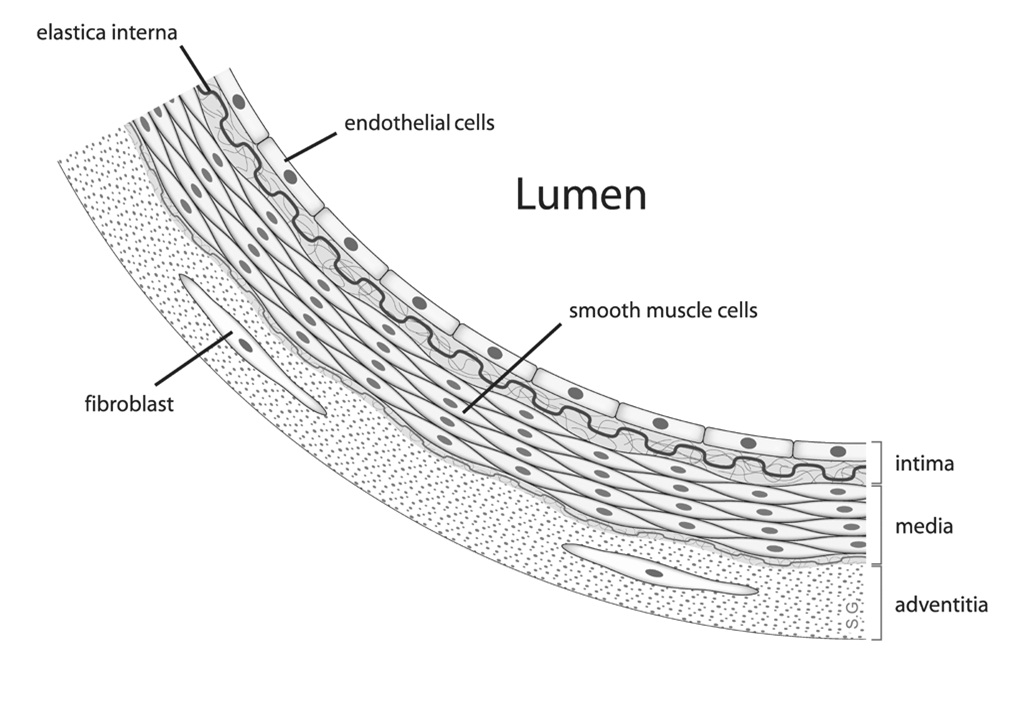Space is not a friendly place. As the human race has sent explorers beyond the atmosphere into space, we have been discovering just how unfriendly it is. To start with, it is a vacuum which would destroy an unprotected human in minutes. It is also very cold and, unless exposed to sunlight, an unprotected human would freeze to death in moments. The sunlight would burn an unprotected human in minutes. In addition, there are a number of physical problems that being in space can cause even if the human being is protected from the vacuum and cold.
It turns out that spending extended time in space causes human bones to lose calcium and become brittle. On Earth, the force exerted by gravity results in the stimulating electrical fields in the human body that lead to the deposition of calcium. In zero gravity conditions, this mechanism fails. There has been some discussion of using special body suits that would restore the normal electric fields.
On Earth, in normal conditions, the muscles of the body are constantly working against gravity to maintain body postures. In zero gravity conditions, there is not such constant effort on the part of muscle so they also tend to weaken and atrophy in the weightlessness of space. Rigorous exercise regimes will help with this problem.
A few years ago it was found that astronauts who spent significant time in space were having vision problems upon returning from space. Upon examination it was found that their eyeballs were slightly flattened. Once again, the lack of gravity turns out to be the probable cause. Our biological systems are designed to work against gravity to distribute fluids around the body. When gravity is gone, the fluids redistribute causing distortions in certain body parts.
It is impossible to maintain an absolutely sterile environment for astronauts. The human body contains and either coexists or fights off many bacteria. Unfortunately, it turns out that some nasty bugs become hardier and more infectious after time in zero gravity. Reinforcement of the human immune system might be necessary to deal with this.
All of the problems mentions above could be alleviated if we could restore gravity. If we had spacecraft and space stations with sections that could rotate, it might be possible to create a simulated gravity field that would deal with these physical issues.
There is dangerous radiation in space from the sun and cosmic rays that can cause tissue damage to astronauts resulting in potential health problems. Proper shielding can reduce but not totally eliminate the radiation problem. There are also periods of powerful solar eruptions that spew especially dangerous amounts of radiation into space. There are some organism on Earth that have special mechanisms to reduce radiation damage. Future astronauts may need some sort of genetic manipulation against radiation damage.
The most recent problem with space flight to emerge is danger to the cardiovascular system. Astronauts who went to the moon were found to be at greater risk for cardiovascular disease upon their return. It turns out that radiation in space is apparently damaging the vascular endothelial cells which can lead to occlusive artery disease.
As I said, space is not a friendly place. All of these problems have existing or theoretical solutions but they make extended stays in space more difficult and dangerous than was understood before we ventured into space.
Vascular endothelial cells:
